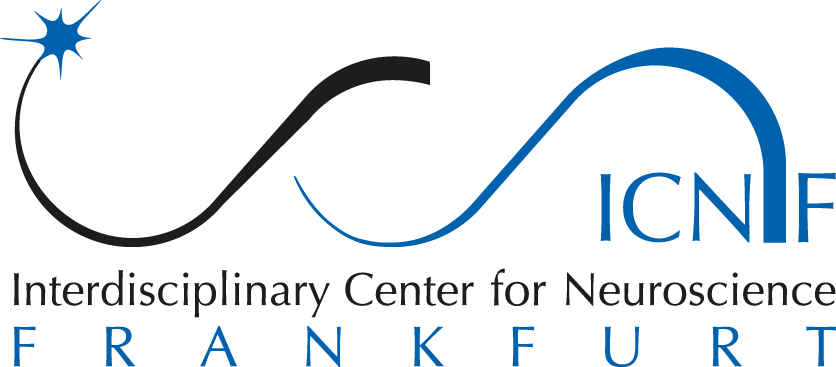
Dr. Vanessa Stempel
Max Planck Institute for Brain Research
Max-von-Laue-Straße 4
60438 Frankfurt am Main
+49 (0)69 850033-0
E-Mail: vanessa.stempel@brain.mpg.de
Scientific Focus
Instinctive behaviours, such as hunting, escape and mating, are an animal’s survival kit of actions that they acquire with little to no experience. In vertebrates, they are generated by remarkably conserved brain circuits, and it has become increasingly clear in recent years that instinctive behaviours are not just stereotyped fixed-action patterns but that they can be flexible in regard to both action selection and execution. They are strongly modulated by internal and motivational states, such as stress, hunger or oestrus cycle, and may undergo short- and long-lasting adaptations to accommodate environmental changes.
Understanding the synaptic and cellular implementation of this behavioural flexibility in defined neural circuits will be a significant step towards our understanding of adaptive information processing in the brain and the generation of behaviour. We will focus on evolutionarily conserved circuits in the rodent midbrain, that are critically involved in the initiation and execution of instinctive behaviours. Our goal is to identify canonical neuronal computations and plasticity mechanisms that impart flexibility to instinctive behaviours.
Methods
Selected Publications
Stempel AV*, Evans DA*, Pavon Arocas O, Claudi F, Lenzi SC, Kutsarova E, Margrie TW, Branco T (2023) Tonically active GABAergic neurons in the dorsal periaqueductal gray control the initiation and execution of instinctive escape. bioRix; 2023.11.03.565561
Fratzl A, Koltchev AM, Vissers N, Tan YL, Marques-Smith A, Stempel AV, Branco T, Hofer SB (2021) Flexible inhibitory control of visually-evoked defensive behaviour by the ventral lateral geniculate nucleus. Neuron; doi.org/10.1016/j.neuron.2021.09.003
Evans DA*, Stempel AV*, Vale R*, Branco T (2019) Cognitive control of escape behaviour. Trends Cogn. Sci; 23:334-348.
Evans DA*, Stempel AV*, Vale R, Ruehle S, Lefler Y, Branco T (2018) A synaptic threshold mechanism for computing escape decisions. Nature; 558:590-594
Stempel AV#, Stumpf A, Zhang HY, Özdoğan T, Pannasch U, Theis AK, Otte DM, Wojtalla A, Racz I, Ponomarenko A, Xi ZX, Zimmer A, Schmitz D (2016). Cannabinoid type 2 receptors mediate a cell-type- specific plasticity in the hippocampus. Neuron; 90:795-809.
*equal contribution; # co-corresponding author
